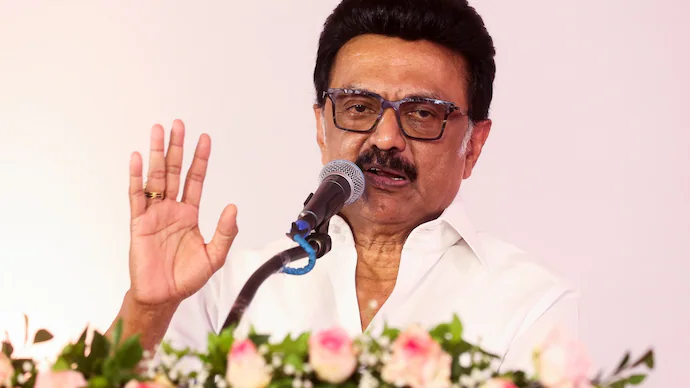The Supreme Court is expected to hear DMK’s plea soon. The case could set a precedent on how and when electoral rolls are revised — balancing voter accuracy with political accountability.
BY PC Bureau
NEW DELHI, November 3: The political temperature in Tamil Nadu rose sharply on Monday after the ruling Dravida Munnetra Kazhagam (DMK) announced that it had filed a petition in the Supreme Court challenging the Election Commission of India’s (ECI) latest Special Intensive Revision (SIR) of electoral rolls. Chief Minister M.K. Stalin accused the poll body of conspiring to “manipulate voter lists” ahead of next year’s Assembly elections, calling the move “a malicious exercise in the guise of administrative reform.”
The ECI’s SIR, announced last week, is an extensive verification drive covering 12 states and Union Territories, including Tamil Nadu, Kerala, West Bengal, and Puducherry — four of the five regions scheduled for elections in April–May 2026. Enumeration will begin on November 4, and the final rolls, with January 1, 2026, as the qualifying date, are expected to be published on February 7. The exercise will impact an estimated 51 crore electors across the country.
As decided by the all-party meeting chaired by Chief Minister MK Stalin, the DMK today filed a petition before the Supreme Court challenging the constitutional validity of the Special Intensive Revision (SIR) in Tamil Nadu and seeking to quash the ECI notification dated October… pic.twitter.com/kw6GED3lz9
— T Muruganandham (@muruga_TNIE) November 3, 2025
DMK Alleges Political Conspiracy
In a statement issued in Chennai, Chief Minister Stalin said the ECI’s timing and intent were “deeply suspect.” He accused the Commission of operating under political influence and using voter roll revision as a tool to suppress opposition voices.
“The Election Commission’s decision to carry out a full revision of the electoral roll just months before the election is part of a well-planned strategy to delete legitimate voters,” Stalin said, quoting from his party’s petition. “We convened an all-party meeting and passed a resolution condemning the SIR, which is a dangerous, anti-democratic move.”
He further alleged that the same “tactic” was deployed earlier in Bihar, where “lakhs of genuine voters were removed,” and claimed that the pattern pointed to a larger attempt at “electoral manipulation” in opposition-ruled states.
“Even after we raised objections and filed a legal case, the Election Commission did not provide a satisfactory explanation,” Stalin added.
READ: Manipur Tapes: Why “Tampering” Claim Raises More Questions Than It Answers
Opposition Joins the Fray
Stalin noted that Tamil Nadu was the first state to raise formal objections against the SIR process, and his stand has since been echoed by national opposition leaders. Congress MP Rahul Gandhi and Bihar’s opposition leader Tejashwi Yadav have also expressed concern that the ECI’s voter verification drives are being used selectively to target regions that have resisted the ruling BJP’s political dominance.
The DMK petition argues that revising electoral rolls less than six months before state elections violates the principle of fair play and creates conditions for large-scale disenfranchisement. It also raises questions over the integrity of door-to-door verifications conducted by booth-level officers, who, the party alleges, may be influenced by local political pressures.














